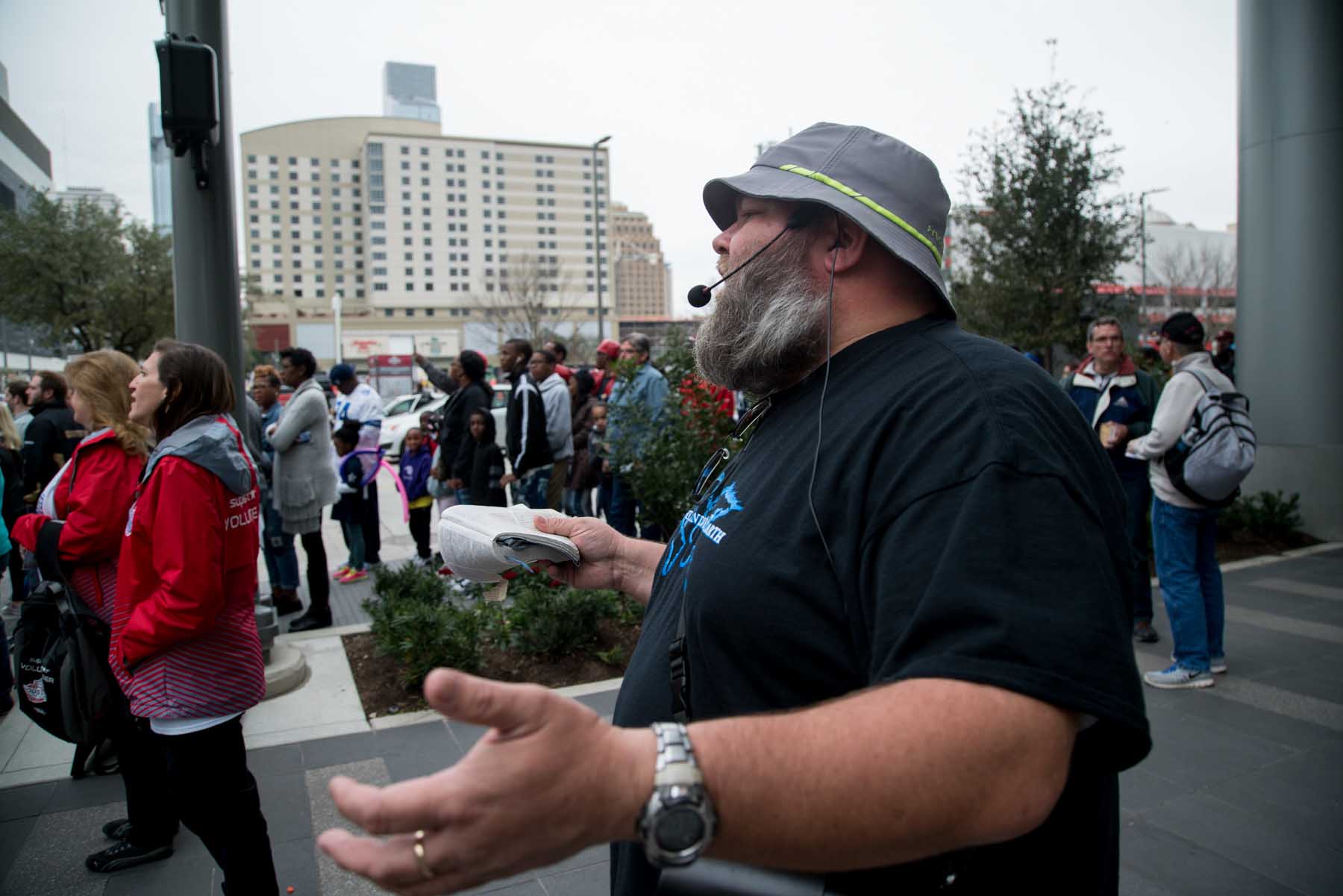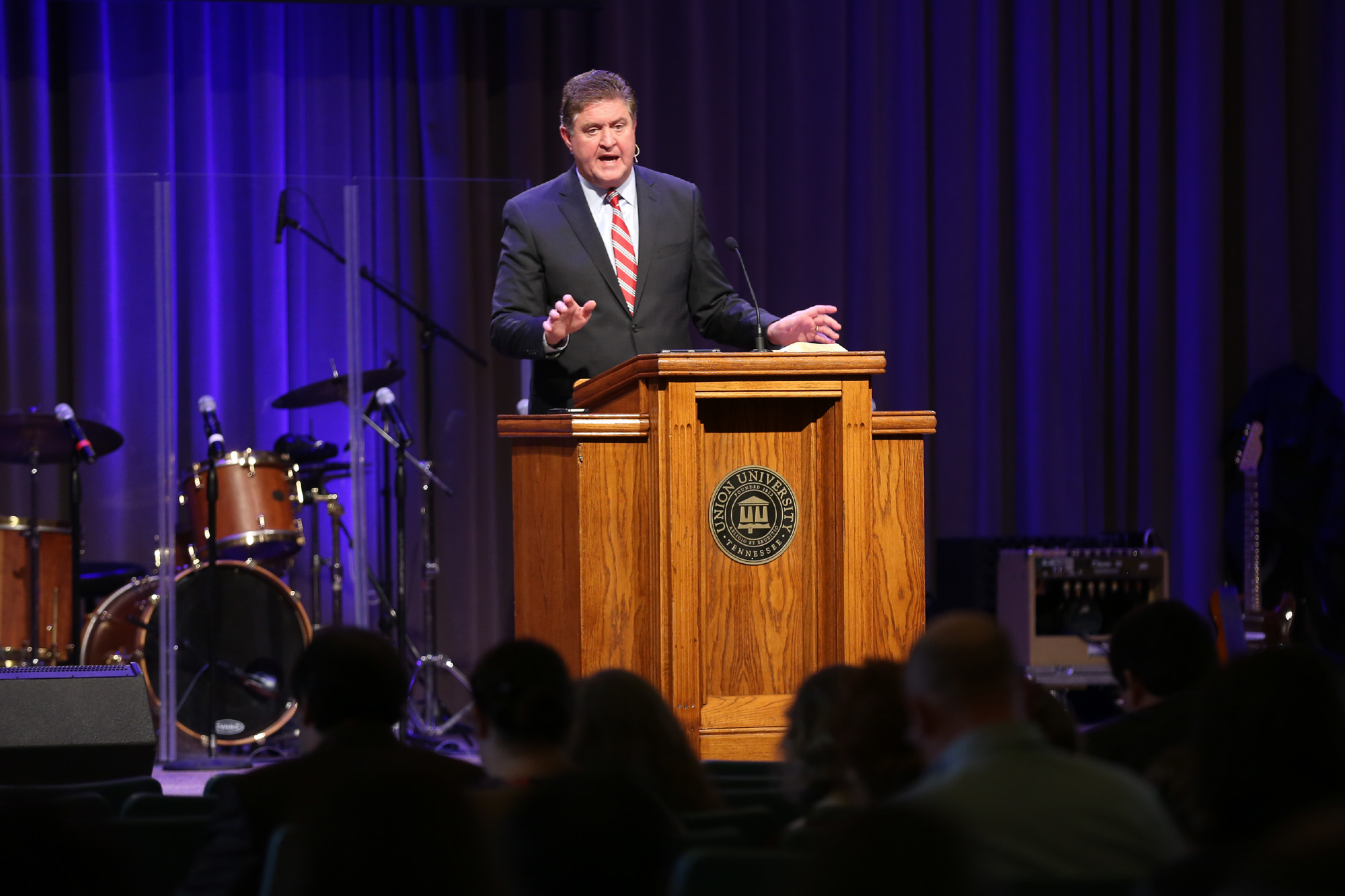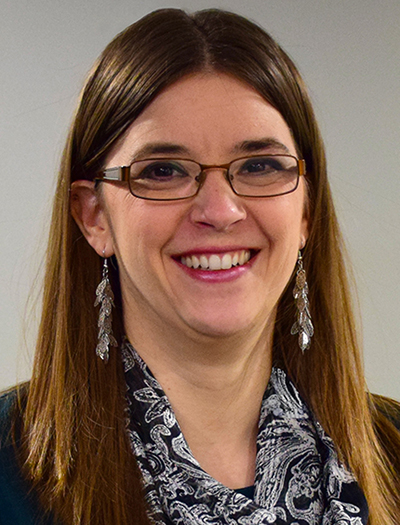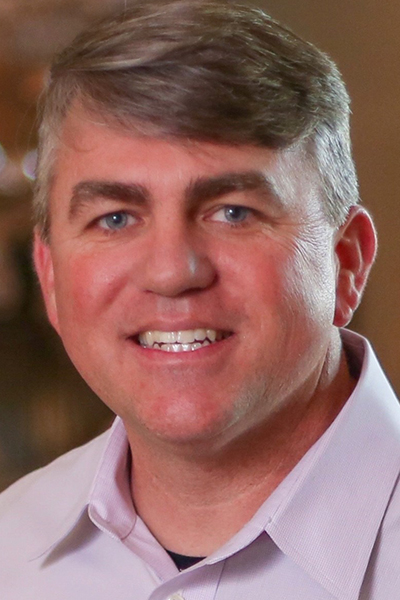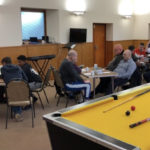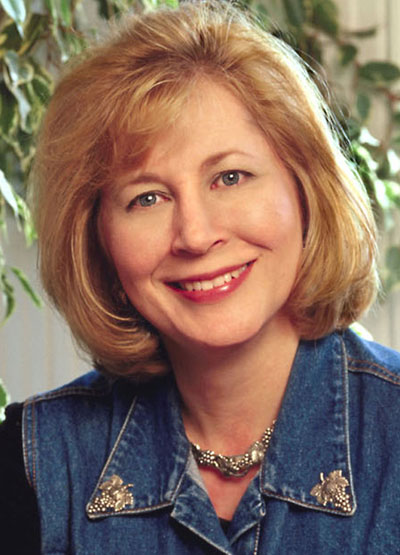
NASHVILLE (BP) – What would be on the top of your priority list if you moved to another country to be a missionary? A former International Mission Board (IMB) missionary says it’s learning about the local people and culture.
“One of the tasks that is most central to being a missionary is becoming conversant with a different culture, different ways of viewing the world, different values and priorities,” Matthew Bennett said.
Bennett served with the IMB for more than seven years in the Middle East. Now, he’s a missions professor at Cedarville University. He was a recent guest on Baptist Press This Week, the BP’s video interview show.
He says that approach is helpful not only on the mission field, but with your next door neighbor.
He believes gaining a new, updated understanding of a familiar culture is necessary for Christians who want to engage the ever-changing world around them.
When his family moved back to the U.S. after being on the mission field, they were surprised by some of the ways common words and phrases had changed.
“It’s more dramatic for somebody who’s been out of that context for a time and then comes back into it as opposed to those who have been immersed in it,” he said.
He says the way language is used can be “a window into some significant worldview changes that have been going on.”
Consider the word text. For hundreds of years, a text was a book written about a specific subject or perhaps the Scripture verses a preacher would use in a sermon.
In 2010, though, Merriam-Webster added “text message” to its dictionary to reflect how the culture was not only texting one another with their smartphones, but was talking about the new form of communication by saying, “I’ll text you the details.”
Technology is just one area constantly changing the way we think and communicate.
In his book Hope for American Evangelicals, Bennett makes the case that believers should learn to regularly ask questions to learn about the people around. He believes the conversations will open doors for sharing the Gospel.
He suggests questions like:
- What’s wrong with the world?
- What’s the solution to what’s wrong with the world?
- What does it mean to be human?
- Where’s all of this coming from and where’s it going?
“Those sorts of questions are really driving most of the assumptions of the way that people operate on a day-to-day basis,” he said, adding that they reveal how people develop values and goals.
“It also reinforces things that are fears or things that need to be avoided, as well as things that are desirable and, and beneficial,” Bennett said.
He knows these are deep questions that require relationship and connection before asking, and he encourages believers to do the relationship-building required so they can gain permission to ask those revealing questions.
“Am I creating environments where I can have a substantive conversation where I’m asking somebody some of those deep, searching questions?
“I think … people are ready to answer and talk about (the deeper questions), but it’s just, do we have enough significant connections to lost folks to be able to ask them?” he asked.
Watch the full interview on BP’s YouTube channel.



